In this edition of the Investments Roundup, we speak with our newest Investment Solutions Leader of the Month, Rana Wright, Partner and Chief Legal and Administrative Officer at Harris | Oakmark, who discusses the firm’s rebrand and investment strategies.
Other entries include Morningstar Wealth releasing an asset class conviction report, iCapital partnering with Ashton Thomas on alts, Raymond James Investment Management appointing Mo Sparks as Head of ETFs, Abacus Life agreeing to acquire Carlisle Management Company, BlackRock launching the iShares U.S. Manufacturing ETF, T. Rowe Price launching its Intermediate Municipal Income ETF, CAIA releasing a report on advisors’ hurdles with alts, Kingswood U.S. building out its investment banking group, Cerulli finding that advisors have little appetite for crypto, HFR finding that total hedge funds assets reached $4.31 trillion, and Franklin Templeton launching SMA and Managed Options Strategies at UBS.
Larry’s Take

Reports from CAIA and Cerulli – about advisor perspectives on alternative investments and cryptocurrencies, respectively – point to a major hurdle in wealth management. For all the industry innovation around technology and product structures, most financial advisors are loathe to take risks with their clients’ investments.
It’s one thing to have a subset of clients who are open to less liquid strategies (alts) or riskier assets (crypto) in pursuit of higher potential returns. It’s another thing entirely for advisors to get up to speed on a new asset class, explain it sufficiently to clients, figure out how to make the economics work when incorporating that new asset class into the firm’s service model and avoid regulatory missteps along the way.
Good old fashioned mutual funds still have more than twice as many total assets as exchange-traded funds (ETFs). No wonder many advisors have decided that alts and crypto are not even worth considering. Yet, there was a time when mutual fund companies thought the same thing about ETFs, and when wirehouses thought the same thing about RIAs.
As times change, so do client preferences. That’s why it’s prudent to be ahead of the investment curve just enough to avoid falling behind. For advisors, that means continuing to attract clients at a healthy pace, and retaining them. At some point, doing so will require embracing “new” asset classes. Particularly ones that have been around for multiple market cycles.
If you would like to discuss this Larry’s Take further, including how these trends might impact your business, please contact me at larry.roth@rlrstrategicpartners.com.
1. Harris | Oakmark Talks Rebranding And Investment Strategies
Chicago-based Harris | Oakmark, which was founded in 1976 as Harris Associates, has been the adviser to the Oakmark family of mutual funds since their inception in 1991. In 1995, Harris Associates became a wholly-owned subsidiary of New England Investment Companies, which is now known as Natixis Investment Managers.
As of June 30, Harris | Oakmark had $102 billion in assets under management (AUM) and the Oakmark Funds had approximately $56 billion in AUM. As of March 31, Natixis had $1.3 trillion in AUM. Harris | Oakmark provides strategies for private wealth managers, financial advisors, institutions and consultants. In addition to Harris | Oakmark, Natixis has eight other affiliate investment managers, including Loomis Sayles.
And now for our Q&A with Rana Wright, Partner and Chief Legal and Administrative Officer at Harris | Oakmark.
WSR: Why did Harris recently rebrand and what does the rebrand signify?
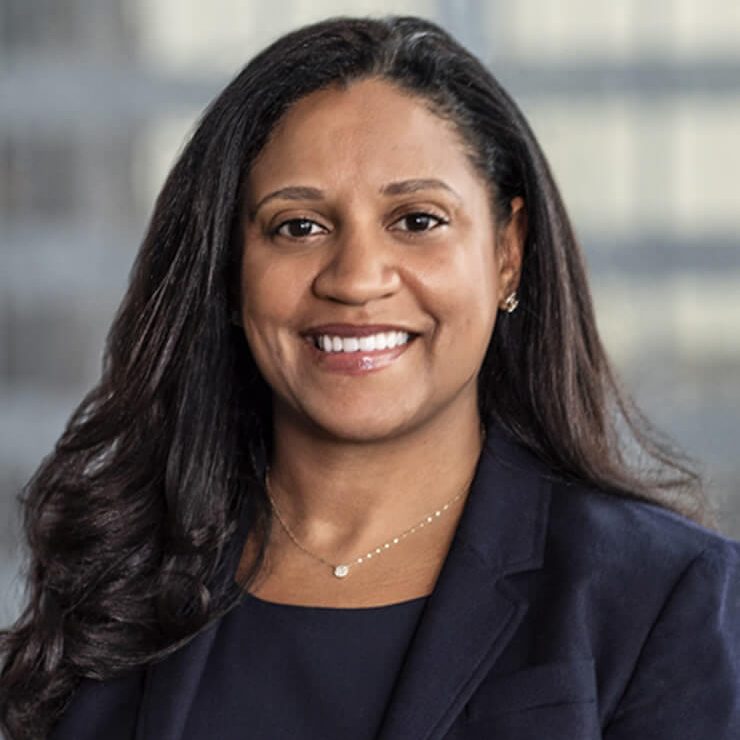
Wright: Harris | Oakmark, as we will now be known, better reflects the entirety of our business across institutional investors that know us as Harris and retail shareholders that know us as Oakmark. Our new logo is designed to bring together both brands in a clear, succinct way and is intended to signify our unwavering singular value investing philosophy across all investors and shareholders who have entrusted us with their capital.
Harris Associates continues to be our legal name and will continue to be used when referencing our role as the investment adviser to the Oakmark Funds.
WSR: How has your legal background prepared you for your role at Harris | Oakmark?
Wright: As an investment adviser we are in the business of managing money for clients. My legal background has equipped me with the skill needed to navigate complex regulatory frameworks to ensure we are appropriately mitigating risks in order to achieve sustainable returns for our clients and our business.
Likewise, my legal training has allowed me to apply legal principles, reasoning and structure that fosters a culture of transparency, clarity, and accountability and supports our client centric focus. As my career has expanded beyond trusted legal adviser to include “business person” I’ve observed that clear, concise communication, role clarity and challenge, all lead to excellent outcomes for our clients and the firm.
WSR: What types of investment strategies should financial advisors consider on behalf of their clients, given the market environment, and why?
Wright: While it is incumbent and required of every financial advisor to determine what investments are suitable for their clients, at Harris | Oakmark we offer fundamentally driven, actively managed portfolios to long-term value investors and believe today continues to be a perfect time for active management.
Our portfolios typically hold 40 to 60 stocks and some of our more concentrated portfolios hold just 20 stocks. This level of concentration magnifies the importance of our stock selection. It also allows Harris | Oakmark to pair well with other more diversified offerings or passive vehicles to round out a client’s investment portfolio.
2. Morningstar Wealth Has Conviction On Large U.S. Banks, Chinese Tech Stocks

Morningstar Wealth’s Global Convictions: July 2024 Asset Class Research favored defensive equities such as healthcare and consumer staples, U.S. banks, Chinese tech stocks, emerging markets debt, and government bonds and inflation-protected securities. The scoring system looks at absolute valuation, relative valuation, contrarian indicators and fundamental risk.
In the first half of 2024, the S&P 500 Index returned 15.3% while the Morningstar US Large Cap Index returned 17.8%, the Morningstar US Small Cap Index returned 1.8%, the MSCI Emerging Markets Index returned 7.5% and the Bloomberg Barclays US Corporate High Yield Index returned 2.6%, according to the report.
“The first half of the year saw U.S. large cap stocks make 31 new all-time highs while returning more than 15%,” according to the Morningstar Wealth report. “The sector story in global equities has been: Technology is getting larger, and everything else is getting smaller by comparison. Admittedly, that’s a bit of a generalization, but it holds much truth.”
3. iCapital Partners With Ashton Thomas On Automated Alts Access For Advisors
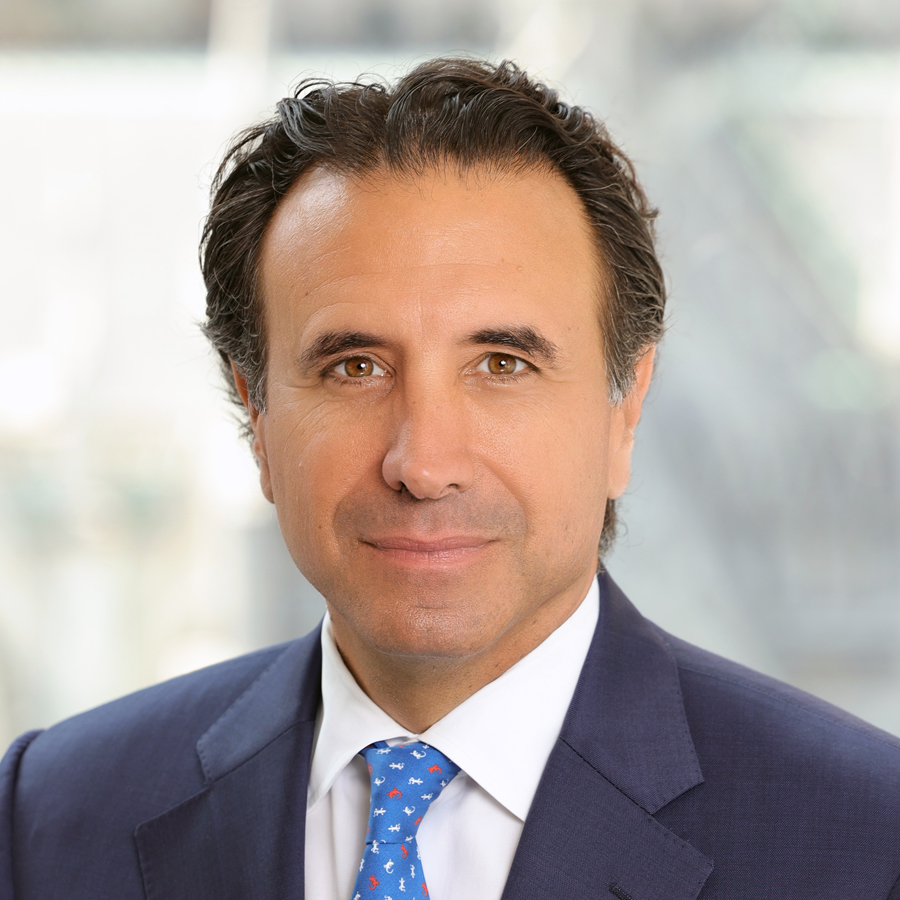
iCapital partnered with Ashton Thomas Private Wealth, part of Arax Investment Partners, to provide financial advisors and their high net worth clients with access to data management and a range of alternative and structured investment opportunities. A curated menu of strategies includes private equity, private credit, real estate and hedge funds.
The goal is to simplify the management of multiple asset classes and enhance overall efficiency. iCapital automates subscription, administration, operational and reporting processes for investment funds. Ashton Thomas advisors will receive enhanced data aggregation, financial reporting and data management capabilities. Advisors also gain access to research, due diligence, educational materials and investment product training.
“As a platform with significant growth, technology is a core aspect of how we’re going to be successful – which is an area where I think iCapital has been exceptional,” stated Haig Ariyan, CEO of Arax Investment Partners. “This strategic relationship will allow our independent advisors to access an enhanced suite of solutions, capabilities and analytics.”
4. Raymond James Hires Mo Sparks To Build Out Upcoming ETF Product Platform
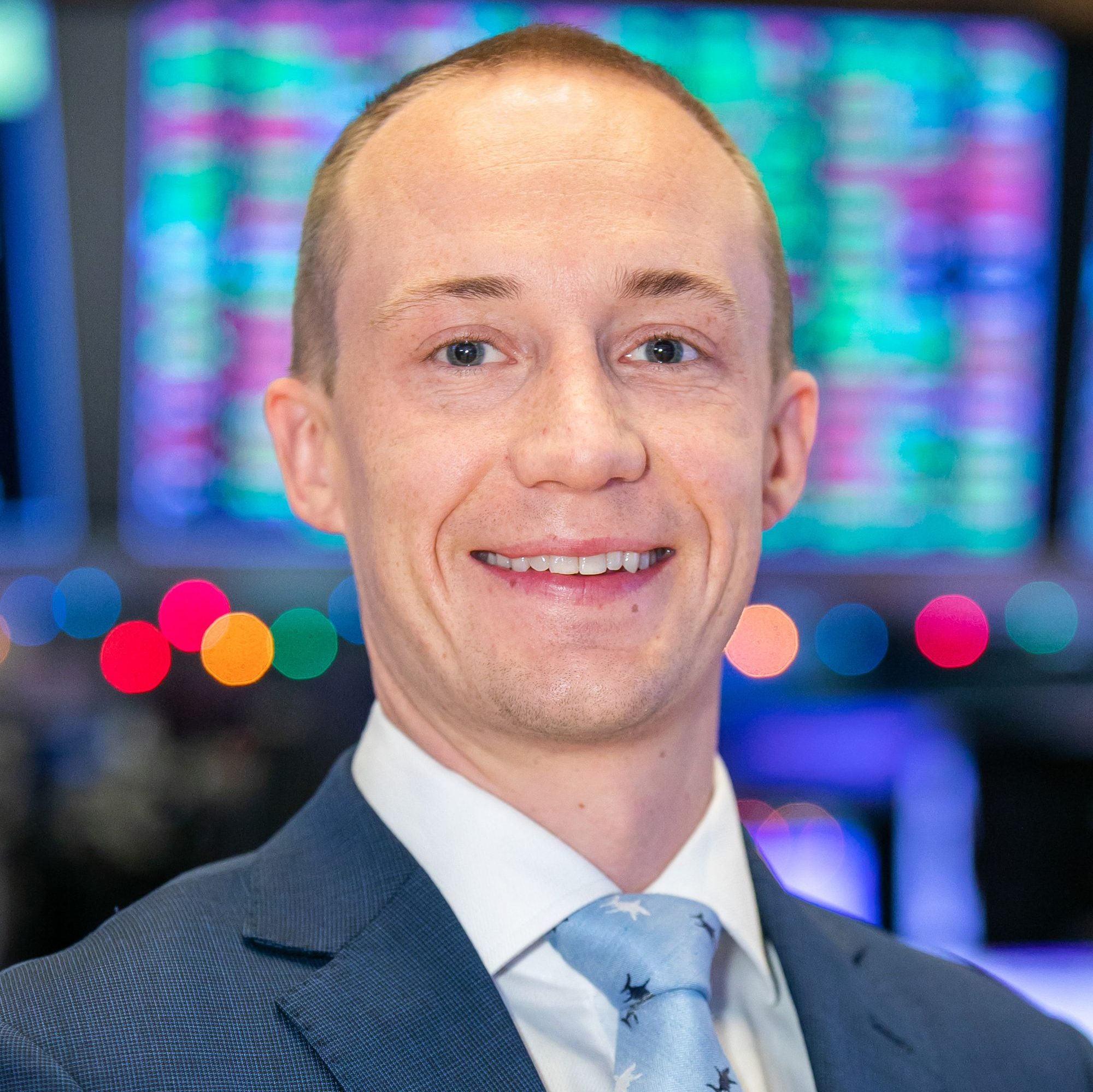
Raymond James Investment Management (RJIM), a global asset management company with $102.7 billion in assets, appointed Mo Sparks as its new Head of Exchange Traded Funds. He will be responsible for building out an ETF product platform that is scheduled to launch in 2025. RJIM already offers mutual funds, separately managed accounts (SMAs) and institutional mandates.
Sparks has over 12 years of ETF product, management, strategy and distribution experience. Most recently, he was the Director of Exchange Traded Products at NYSE. Before the NYSE, he spent over seven years at Vanguard, where he held multiple leadership roles in the ETF and mutual fund product group.
“ETFs are a technology that allows investors unparalleled access and control over today’s investment landscape,” Sparks said. “I am eager to build this platform at such a respected organization in support of evolving investor needs – and excited to pair the capabilities of RJIM and its boutique investment managers with the access and tax efficiency that the ETF wrapper provides.”
5. Abacus Life Agrees To Acquire Carlisle Management In Luxembourg
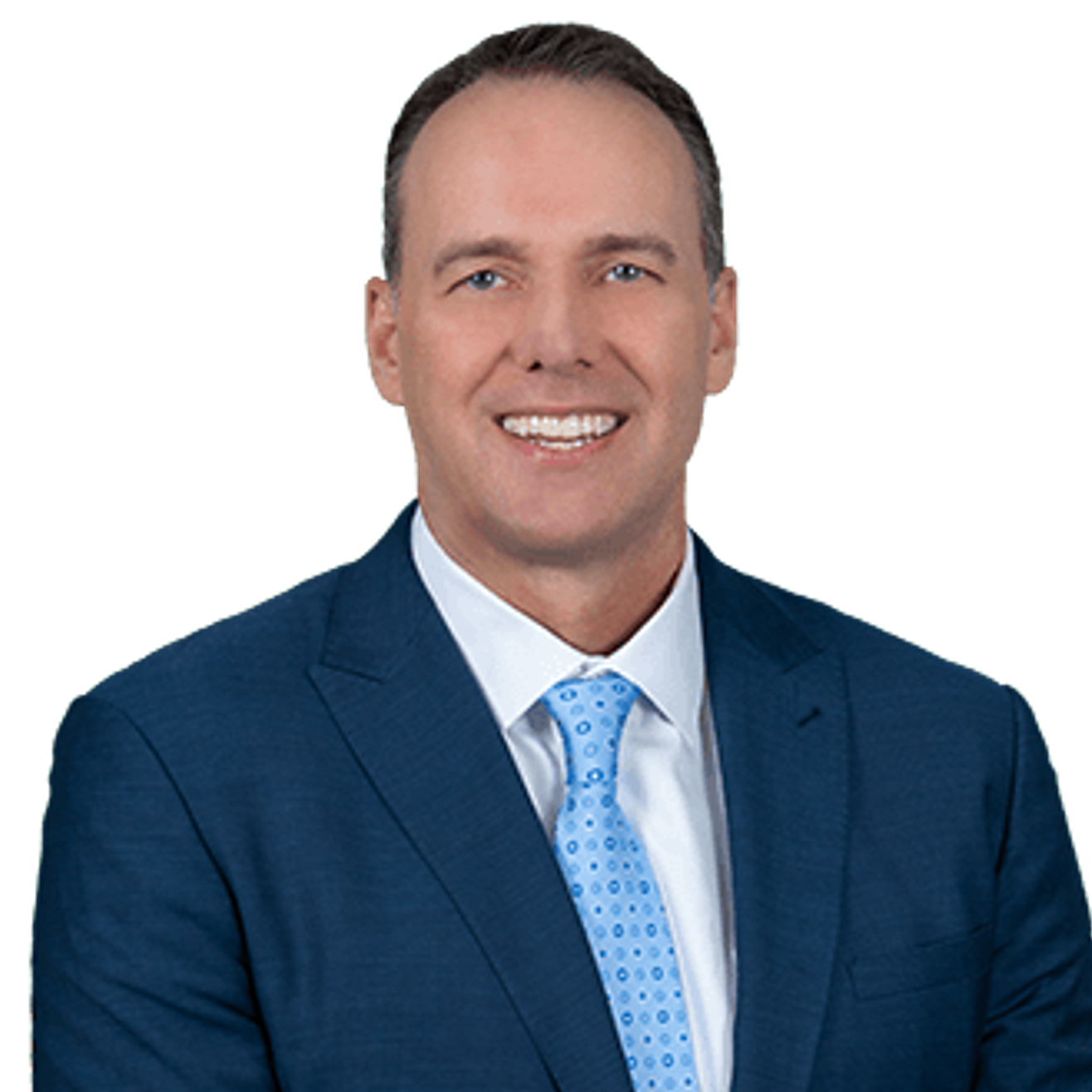
Orlando, Florida-based Abacus Life, a buyer of life insurance policies and a vertically integrated alternative asset manager specializing in specialty insurance products, agreed to acquire Luxembourg-based Carlisle Management Company, an investment manager in the life settlement space with approximately $2 billion in AUM, for approximately $200 million.
The acquisition is intended to enhance Abacus’ offering to institutional investors seeking attractive risk-adjusted returns with low correlation to other asset classes. Dynasty Investment Bank is the exclusive financial advisor to Abacus Life on the transaction, and Manorhaven Capital is the exclusive financial advisor to Carlisle Management on the transaction.
“The acquisition of Carlisle is a strategic move aligned perfectly with our commitment to client-centric solutions and our continued growth as a global alternative asset manager,” said Jay Jackson, CEO of Abacus Life. “Carlisle has the strongest and most enduring track record as a fund manager within the life settlement industry, and its geographically diverse client base will further accelerate our drive towards becoming a global financial player.”
6. BlackRock Launches iShares U.S. Manufacturing ETF
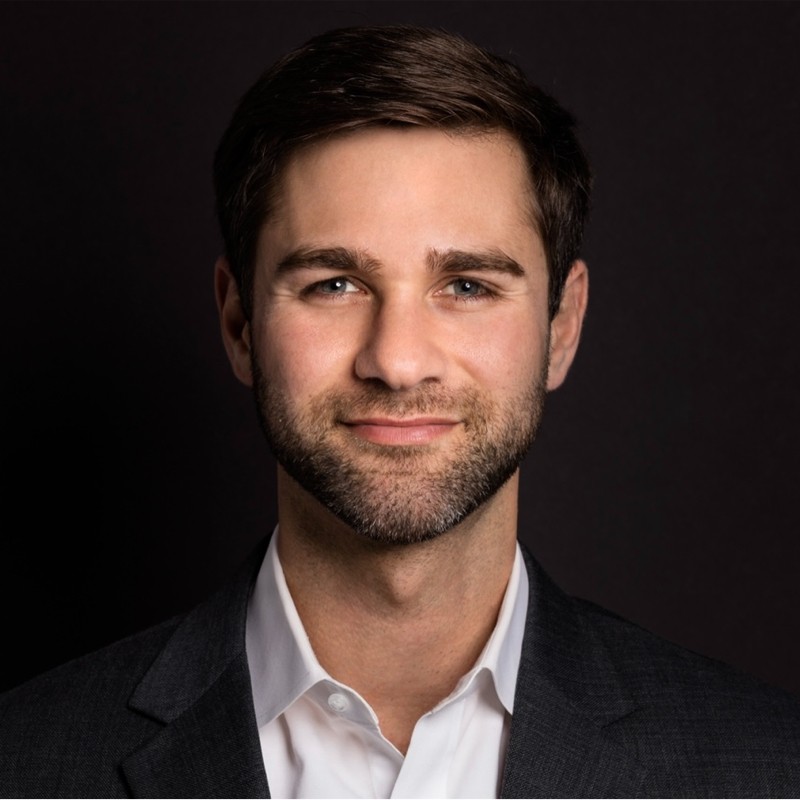
BlackRock launched the iShares U.S. Manufacturing ETF (NYSE: MADE) in an expansion of its thematic equity suite. The ETF strives to invest in leading U.S. manufacturing companies, and seeks to capture opportunities from drivers such as recent policy initiatives that incentivize the reshoring of manufacturing activities.
MADE can invest in companies directly involved in manufacturing across the consumer cyclicals, technology, automotive, defense and construction sectors. The ETF has a 0.40% expense ratio. As of June 30, iShares has a global offering of more than 1,400 ETFs and $3.86 trillion in AUM.
“Evolving trade relations and a call for enhancing supply chain resiliency have paved the way for the concerted effort across the public and private sectors to reestablish the U.S. as a leader in manufacturing,” said Jay Jacobs, U.S. Head of Thematic and Active ETFs at BlackRock. “MADE is designed to capture these long-term themes by providing targeted access to companies that could be poised to benefit from supportive policies and secular trends, enabling investors to potentially capture the renaissance in American manufacturing in the convenience of an ETF.”
7. T. Rowe Price Launches Actively Managed Intermediate Municipal Income ETF
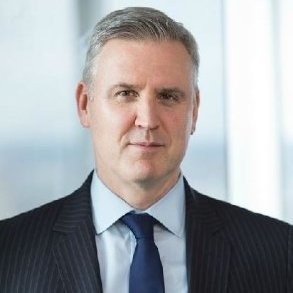
T. Rowe Price launched its first federally tax-free fixed income ETF, the actively managed T. Rowe Price Intermediate Municipal Income ETF (NASDAQ: TAXE). It focuses on investment-grade intermediate-term munis with a weighted average effective maturity of four to 12 years. TAXE seeks the highest level of income exempt from federal income taxes consistent with moderate price fluctuation, and has a net expense ratio of 0.24%.
It is co-managed by James Lynch and Charlie Hill, who have a combined 53 years of investment experience, and have worked in portfolio management for other T. Rowe Price intermediate-term municipal bond strategies. The firm has 16 active ETFs, including six transparent fixed income ETFs, five transparent equity ETFs and five semi-transparent equity ETFs.
“For four years, we’ve continued to expand our ETF offerings to offer key strategies that meet the evolving needs and interests of our clients,” said Tim Coyne, Global Head of Exchange Traded Funds at T. Rowe Price. “With the launch of the Intermediate Municipal Income ETF, it was important for us to establish an offering in the federally tax-free category. We remain dedicated to delivering attractive ETFs that pair our long history of active management expertise and investment insights with the benefits of the ETF vehicle.”
8. CAIA: Hurdles Remain For Advisors Looking To Add Alts

The Chartered Alternative Investment Analyst (CAIA) Association released a report, “Crossing the Threshold: Mapping a Journey Towards Alternative Investments in Wealth Management,” on the hurdles advisors face when seeking to allocate alts to client portfolios.
Advisors and other wealth management professionals have an improved understanding of why they should offer clients alts and access has improved significantly, according to CAIA, but the “practical implementation” of them – the “how” – “frequently remains underdeveloped.” The report was designed as a “roadmap” for asset and wealth management professionals to move into what CAIA calls a “second phase of democratization” of alternative investments, which began post-global financial crisis.
“Relative to individual investors, institutional investors have had a multi-decade head start regarding alternative investments,” said Aaron Filbeck, Managing Director and Head of UniFi by CAIA at CAIA Association. “Their size and scale have allowed them to efficiently invest across multiple risk premia and generate attractive risk-adjusted returns for their constituents over multiple economic regimes.”
9. Kingswood U.S. Continues Buildout Of Investment Banking Group
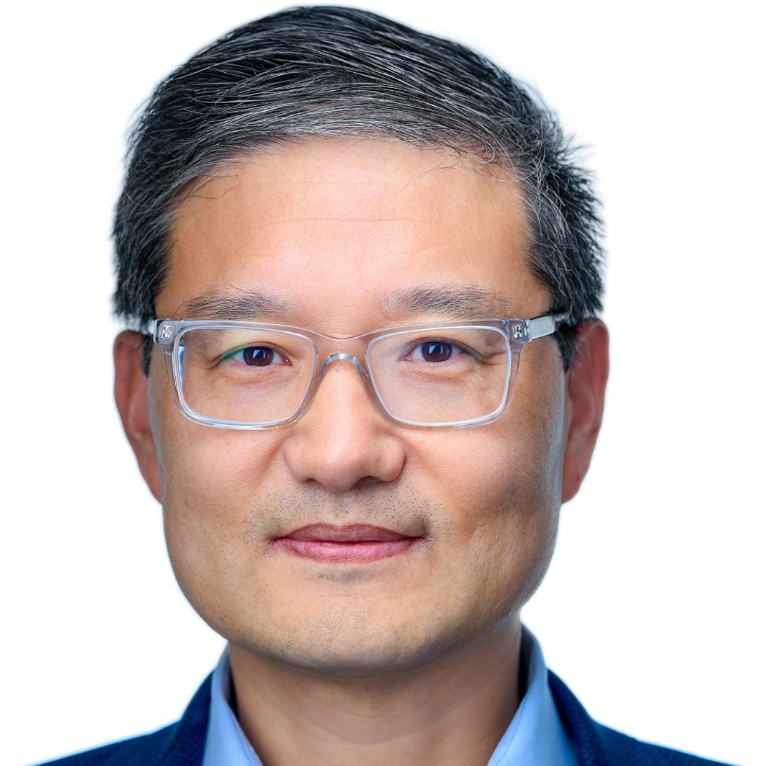
Kingswood U.S. announced the continued expansion of its investment banking team with the appointment of Tony Tian as Senior Managing Director of Investment Banking. Tian has over 15 years of experience in capital markets, investment banking, research and investor relations. In April, the firm made four senior hires to the Investment Banking team.
In June, the firm launched the Kingswood Defense Group. It collaborates with public and private companies on strategic planning, M&A and capital market needs, and provides guidance to enhance their operations, product development, Department of Defense procurement strategies and evaluation of global markets. Kingswood U.S. is part of the Kingswood Group network of wealth management firms that has over $14 billion in client assets globally.
“I am excited to bring my talents and expertise to the Kingswood Investment Banking team,” Tian said. “Together, we will continue to source terrific middle-market companies with innovative products and solutions, visionary management and strong long-term prospects and help them take their businesses to the next growth stage. Kingswood is the place to be at this exciting time.”
10. Cerulli: Well Over Half Of Advisors Still Have No Appetite For Crypto
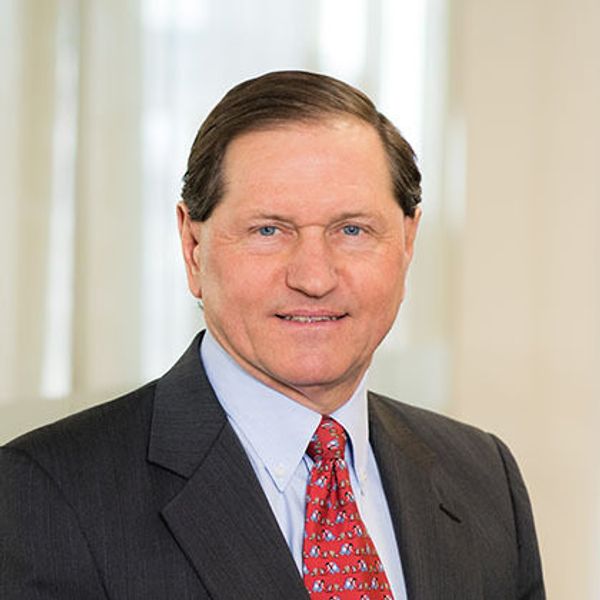
Cerulli Associates released its latest edition of The Cerulli Edge—U.S. Monthly Product Trends, which analyzes data as of May on mutual funds, ETFs and cryptocurrencies. Mutual funds grew 3.3% in May on strong market returns and had $19.4 trillion in assets. ETFs reached a record $9 trillion in assets, with inflows of $89 billion in May.
According to Cerulli, 13.7% of financial advisors use or discuss cryptocurrency with their clients. That includes a mere 2.6% of advisors who make recommendations themselves. An additional 26.4% of advisors anticipate being able to discuss or use cryptocurrency with their clients in the future. That still leaves well over half of advisors with no plans to use or discuss the asset class. As of July 21, the price of Bitcoin was up 124.20% year-on-year and Ethereum was up 83.65%.
“With fees mostly within a small margin, brand familiarity is the differentiating factor that decides winners in the passive digital asset product ecosystem, and the same should be expected for future products,” according to the report. “Spot-price ETH ETFs generally are not expected to see the same success as that of spot-price BTC ETFs, given the lower uptake that was seen for futures-based products and due to the lower total return expected relative to owning the digital assets directly with staking.”
11. HFR: Total Hedge Fund Assets End 2Q At Record $4.31 Trillion

HFR found that total hedge fund assets increased by approximately $11 billion in the second quarter of 2024, finishing 2Q at $4.31 trillion. This was the third consecutive quarter for total hedge fund assets to finish at a record high, and the seventh consecutive quarter of increases. Performance-based gains drove hedge fund asset growth, even as overall the industry experienced 2Q outflows totaling $9.4 billion.
The HFRI Fund Weighted Composite Index increased by 5.0% in the first half of the year while the HFRI Asset Weighted Composite Index increased by 5.1%. The HFRI Macro Index Asset Weighted increased 6.1% in 1H, little changed in 2Q after the largest quarterly gain in at least 20 years in 1Q. The HFR Cryptocurrency Index returned 25.5% in 1H, falling in 2Q to offset 1Q’s 45.3% gain.
“Despite the continuation of the increasing trend, the composition of the growth and investor preferences by strategy shifted from the prior quarter with fixed income, credit, arbitrage, multi-strategy and macro funds leading recent asset increases,” said Kenneth Heinz, President of HFR. “Even more so than the prior quarter, managers remained focused on unprecedented geopolitical and election risks and opportunities, with these not only including geopolitical/military conflict, but also including ongoing volatile inflation, interest rates and macroeconomic considerations which have dominated the past two years.”
Wirehouse / Big Bank Activity
12. Franklin Templeton Launches SMA, Managed Options Strategies At UBS
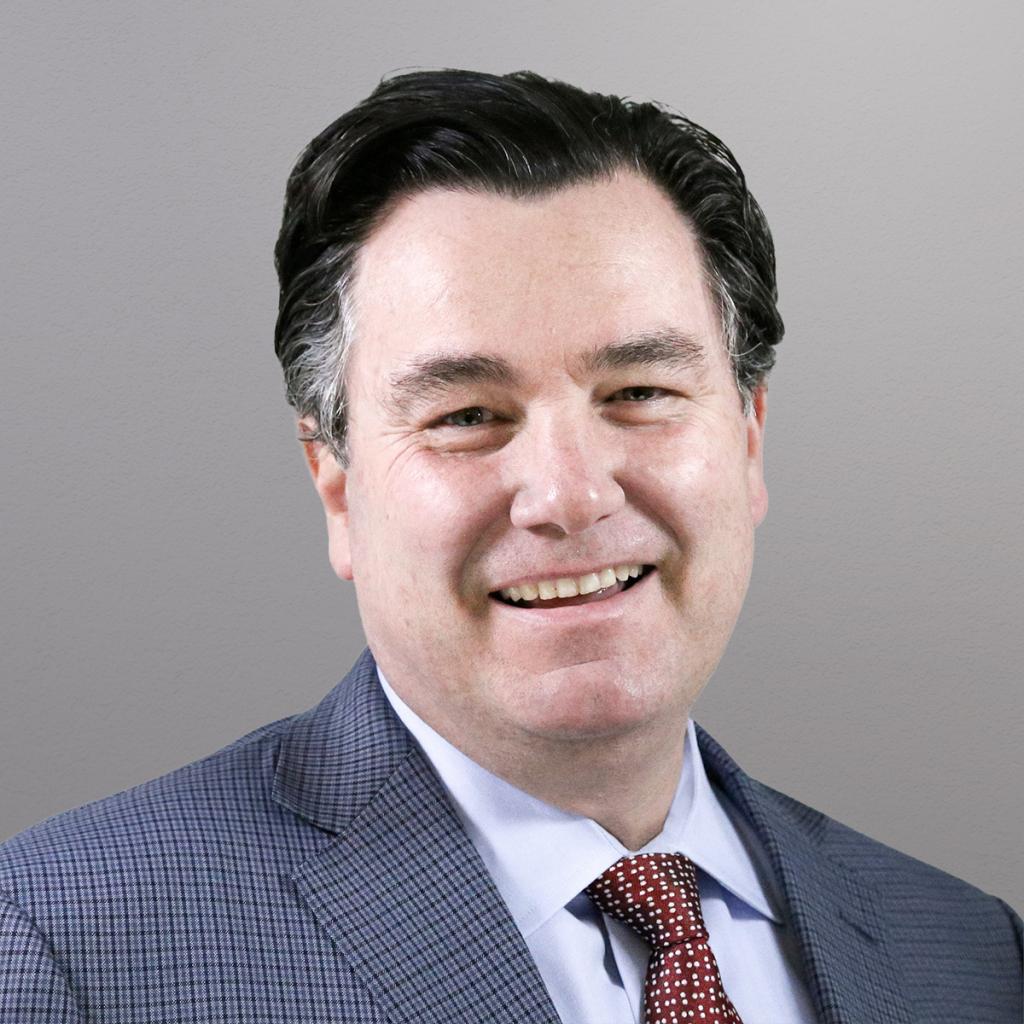
Franklin Templeton launched a suite of active and passive tax-managed SMA strategies on UBS Wealth Management’s SMA platforms. The SMAs will give UBS advisors access to Franklin Templeton’s Custom Indexing solution, Canvas, which aims to provide personalized portfolios with the potential to improve after-tax returns.
The strategies are ClearBridge Large Cap Growth – Canvas Tax Managed, ClearBridge All Cap Growth – Canvas Tax Managed, ClearBridge Dividend Strategy – Canvas Tax Managed and Franklin Templeton S&P 500 – Canvas Tax Managed. In addition, two Franklin Managed Options Strategies, Franklin MOST Managed Call Selling and Franklin MOST Risk Managed Equity, launched at UBS.
“Active strategies are built to generate excess return, but if the capital gains taxes they generate are not managed carefully, their after-tax returns can be significantly impacted,” said Roger Paradiso, Head of Advisor Portfolio and Technology Solutions for Franklin Templeton. “Marrying the fundamentals of Direct and Custom Indexing with active management and channeling distribution into the wirehouse and broker-dealer segment of the market is a promising development.”
Chris Latham, Managing Editor at Wealth Solutions Report, can be reached at clatham@wealthsolutionsreport.com.














